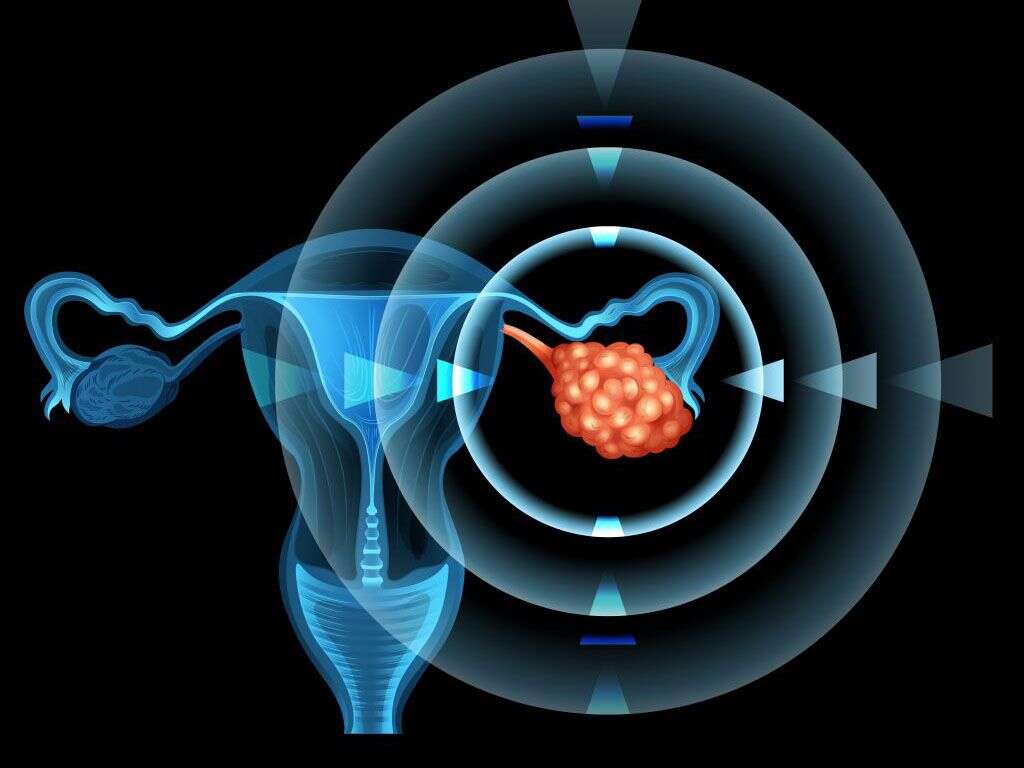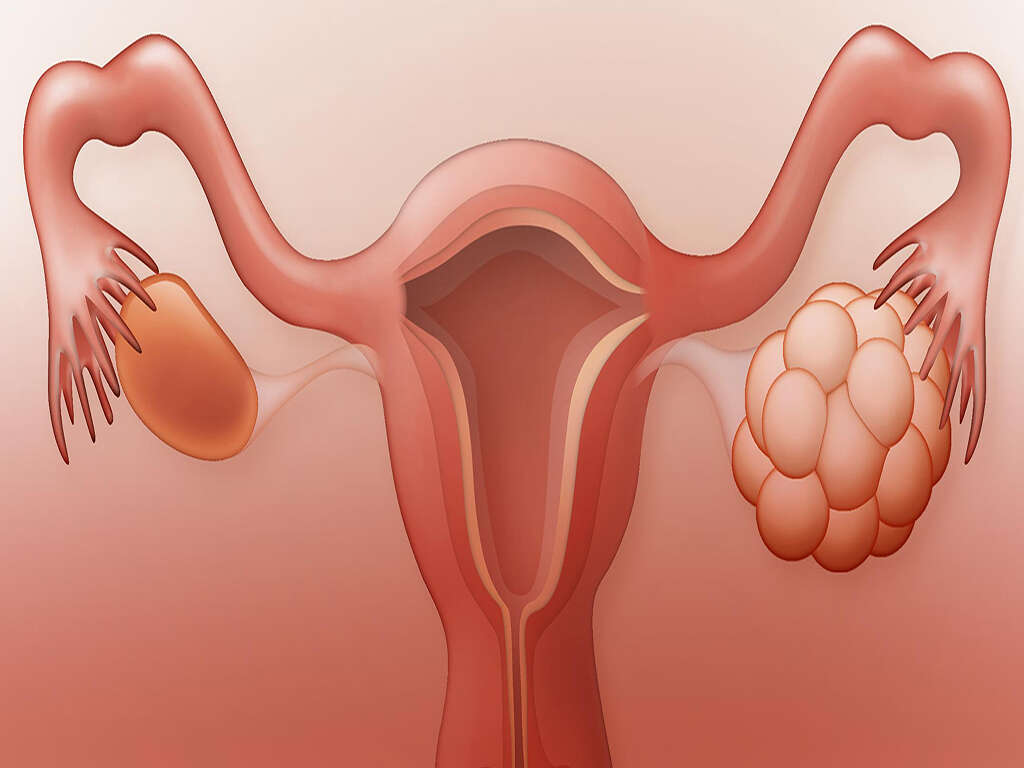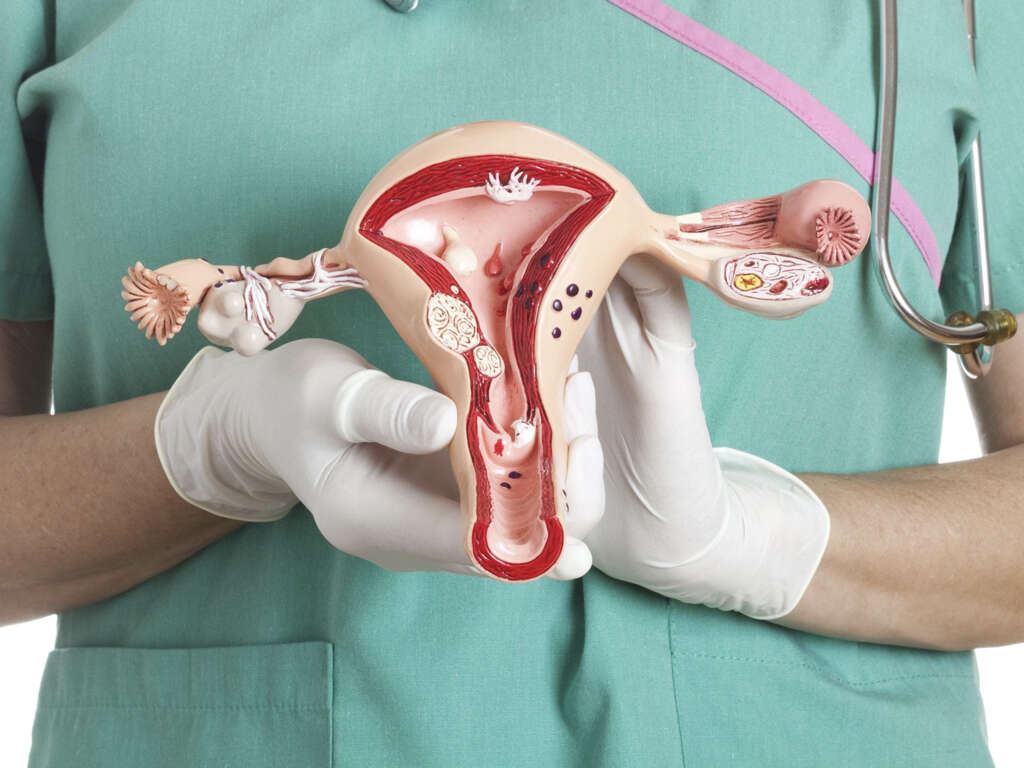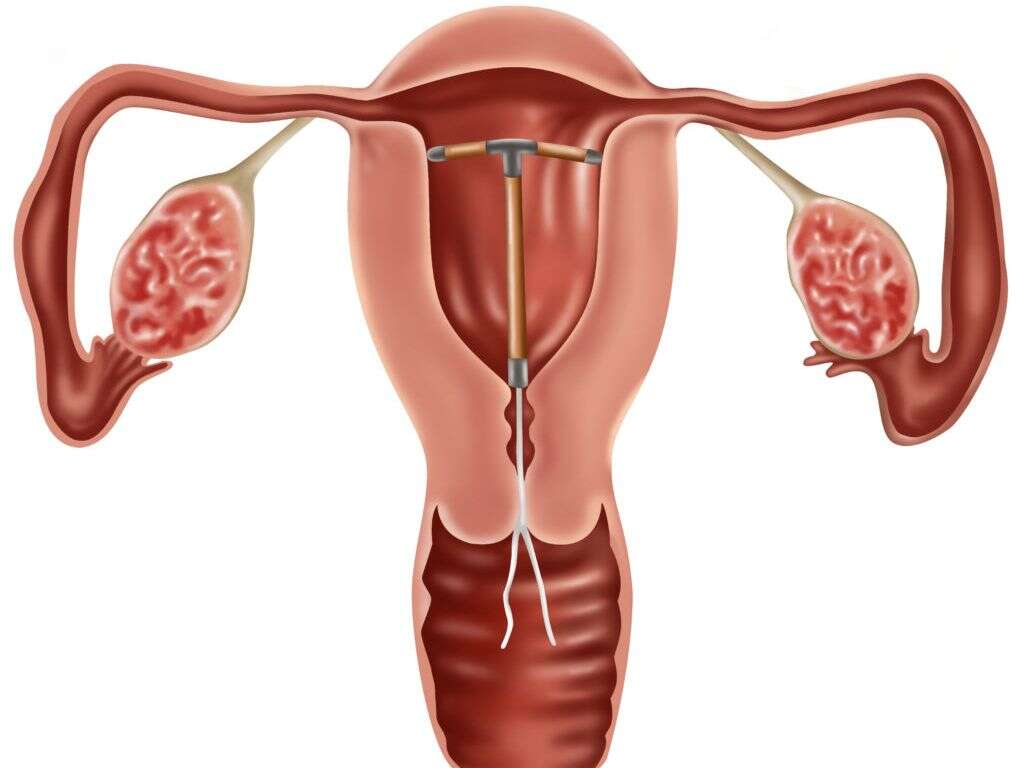What Is PCOS?
5. Most Common Associated Conditions
PCOS is associated with an increased risk of developing diabetes mellitus and impaired glucose tolerance. In fact, it is estimated that more than 50% of women with polycystic ovarian syndrome develop type II diabetes mellitus by age forty.1PCOS (Polycystic Ovary Syndrome) and Diabetes. (2020, March 24). https://www.cdc.gov/diabetes/basics/pcos.html Thus, it is vital for women with PCOS to be screened early for diabetes mellitus.
Since women with PCOS tend to ovulate intermittently, infertility can be another complication of PCOS. For many women with this condition, conceiving a child can take longer than average and miscarriage rates are also higher. However, with adequate treatment, most patients with polycystic ovarian syndrome are able to get pregnant.
Importantly, obesity is also associated with PCOS; however, it is not always present. In fact, it is estimated that almost half of all patients with PCOS suffer from obesity. Furthermore, people with PCOS will generally exhibit central body fat distribution (increased waist-to-hip ratio). Many women with this condition will also have features of metabolic syndrome, including obesity, insulin resistance (i.e. high blood sugar), abnormal cholesterol and triglyceride levels, and high blood pressure.
Advertisement










